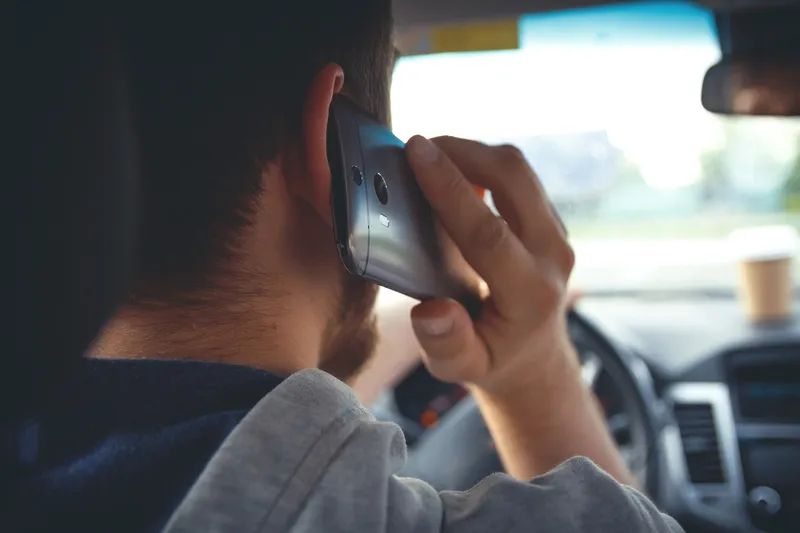Speaking at a Management Briefing Seminar at the Traverse City Conference in Michigan, US, Nat Beuse, associate administrator for vehicle safety research at the US National Highway Traffic Safety Administration (NHTSA) said alcohol detection technology is one of several his agency is studying to lower traffic fatalities.
According to NHTSA, alcohol-impaired motor vehicle crashes cost more than an estimated US$37 billion annually; in 2012 more than 10,000 people died in alcohol-impaired driving crashes - one every 51 minutes.
The report in the conference daily paper published by Automotive News says Beuse gave no details as to how the technology would work or which suppliers were involved in the technology, but said a seamless alcohol detection system which was integrated into vehicles would reduce the number of alcohol-related fatalities on US roads.
NHTSA for the last few years has been stepping up its efforts to push technology solutions to drunken driving. In October 2011, it awarded a U$S2.2 million contract to safety products supplier Takata Corporation to develop a device that measures a motorist's sobriety. Another safety products supplier, Autoliv, is also working on the sobriety systems.
Though still under development and in need of testing, the alcohol detection technology could be available for implementation by 2018, although whether it would disable a vehicle or simply issue an alert is still to be determined, federal officials said.
Beuse said vehicle fatalities in total have been declining in the United States over the last several decades, but still kill over 33,000 people a year and incur a cost estimated at $827 billion annually, Beuse said. Increased levels of vehicle autonomy promise to lower both numbers in coming years.
NHTSA looking at alcohol detection technology
Speaking at a Management Briefing Seminar at the Traverse City Conference in Michigan, US, Nat Beuse, associate administrator for vehicle safety research at the US National Highway Traffic Safety Administration (NHTSA) said alcohol detection technology is one of several his agency is studying to lower traffic fatalities.
August 5, 2014
Read time: 2 mins







